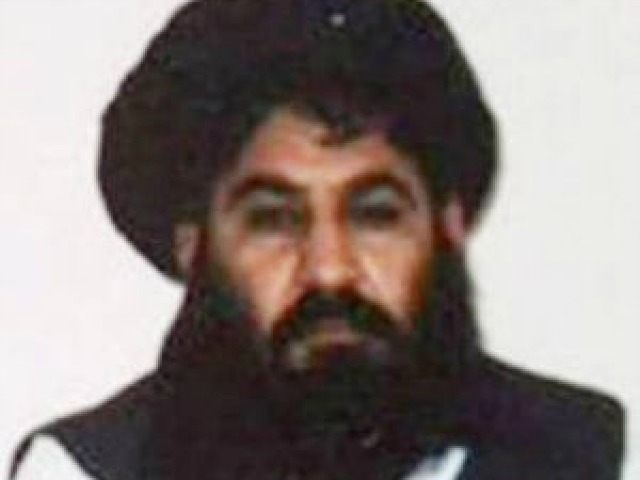The U.S. airstrike that reportedly killed Taliban leader Mullah Akhtar Mansour violated Pakistan’s sovereignty, according to Islamabad.
“Pakistan wishes to once again state that the drone attack was a violation of its sovereignty, an issue which has been raised with the United States in the past as well,” the Pakistani foreign ministry in Islamabad said in a statement, Khaama Press reports.
“It may be recalled that the fifth meeting of the Quadrilateral Coordination Group (QCG) held on 18th May had reiterated that a politically negotiated settlement was the only viable option for lasting peace in Afghanistan and called upon the Taliban to give up violence and join peace talks,” it added.
The United States did provide information that an airstrike had been carried out in Pakistan, near the country’s border with Afghanistan, in which Mullah Mansour, also spelled Mansoor or Mansur, was targeted, noted the foreign ministry.
Afghan President Ashraf Ghani’s administration, including the country’s intelligence agency known as the National Directorate of Security (NDS), and President Barack Obama have confirmed the Taliban supreme leader’s death.
The statement from Pakistan reportedly noted that “according to the information gathered so far, a person named Wali Muhammad S/o Shah Muhammad carrying a Pakistani passport and an I.D. Card, resident of Qilla Abdullah, entered Pakistan from Taftan border on 21st May.”
Khaama Press adds, “The statement by Pakistan’s Foreign Ministry comes as a photograph of a passport went viral in the internet which shows photograph of Mullah Akhtar Mansoor printed in the main page of a Pakistani passport.”
The airstrike that targeted Mullah Mansour came days after Pakistan announced it was working the United States, Afghanistan, and China to bring the Taliban terrorist group to the peace negotiation table.
Known officially as the QCG, the four countries have made similar attempts in the past but failed.
Under Mullah Mansour, the Taliban refused to engage in peace talks, arguing that was because it is winning the war in Afghanistan.
Gen. John F. Campbell, before leaving his post as the top commander of U.S. and NATO forces in Afghanistan in March, reportedly requested President Obama’s authority for “some U.S. air support for Afghan operations against the Taliban, conducting strikes against Taliban leaders and placing American advisers with conventional Afghan forces closer to the front lines.”
The top U.S. general had told American lawmakers earlier in the year that he lacked the authority to offensively attack the Afghan Taliban.
It remains unclear if that component of the U.S. rules of engagement in Afghanistan still holds.
In confirming the death of Mullah Mansour, President Obama did reportedly stress it does not mark a “shift in our approach” to combat operations against the Taliban in Afghanistan.
The Taliban has been waging an increasingly violent insurgency since Obama ended the U.S.-led combat mission in Afghanistan in December 2014 and took away the U.S. military’s authority to offensively attack the terrorist group.
Afghan civilians and security forces have suffered a record number of casualties at the hands of the Taliban since.
“Mansur rejected efforts by the Afghan government to seriously engage in peace talks and end the violence that has taken the lives of countless innocent Afghan men, women and children,” said President Obama in a statement issued Monday. “The Taliban should seize the opportunity to pursue the only real path for ending this long conflict — joining the Afghan government in a reconciliation process that leads to lasting peace and stability.”
“We will work on shared objectives with Pakistan, where terrorists that threaten all our nations must be denied safe haven,” he also said, later adding, “Today is a day for us to give thanks to all of the Americans who have served in Afghanistan for so many years with a selfless commitment to the security of our nation and a better future for the Afghan people.”

COMMENTS
Please let us know if you're having issues with commenting.